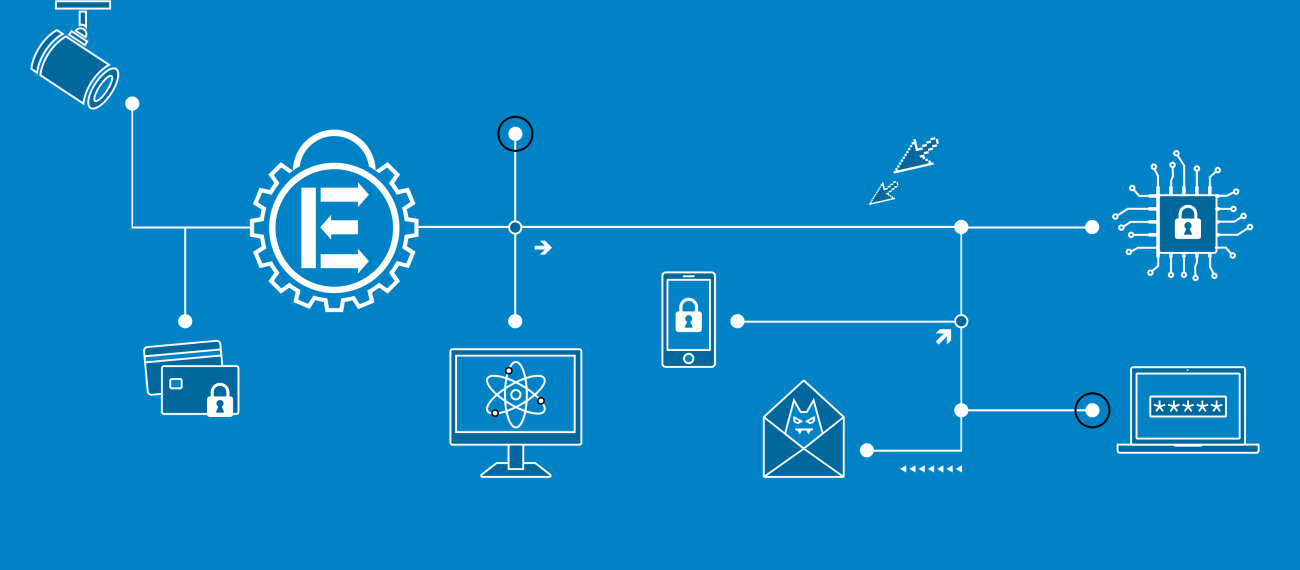Our research is concerned with a multitude of crucial challenges central to cryptography and privacy and we are interested in all practical aspects related to cryptography-based solutions ranging from building tools for secure computation to finding attacks on existing solutions.
Awards and Recognition
- 2023 ERC Consolidator Grant: Thomas Schneider was awarded with a prestigious ERC Consolidator Grant 2023 for the project Tools for Protecting Data and Function Privacy (PRIVTOOLS)
- 2019 ERC Starting Grant: Thomas Schneider was awarded with a prestigious ERC Starting Grant 2019 for the project Privacy-preserving Services on The Internet (PSOTI).
- 2012 Intel Early Career Award: Thomas Schneider obtained the Intel Early Career Faculty Honor Program Award for early career achievements.
- 2012 GDD Science Award: Thomas Schneider received the Science Award in Data Protection and Data Security of the German Association for Data Protection and Data Security (GDD).




